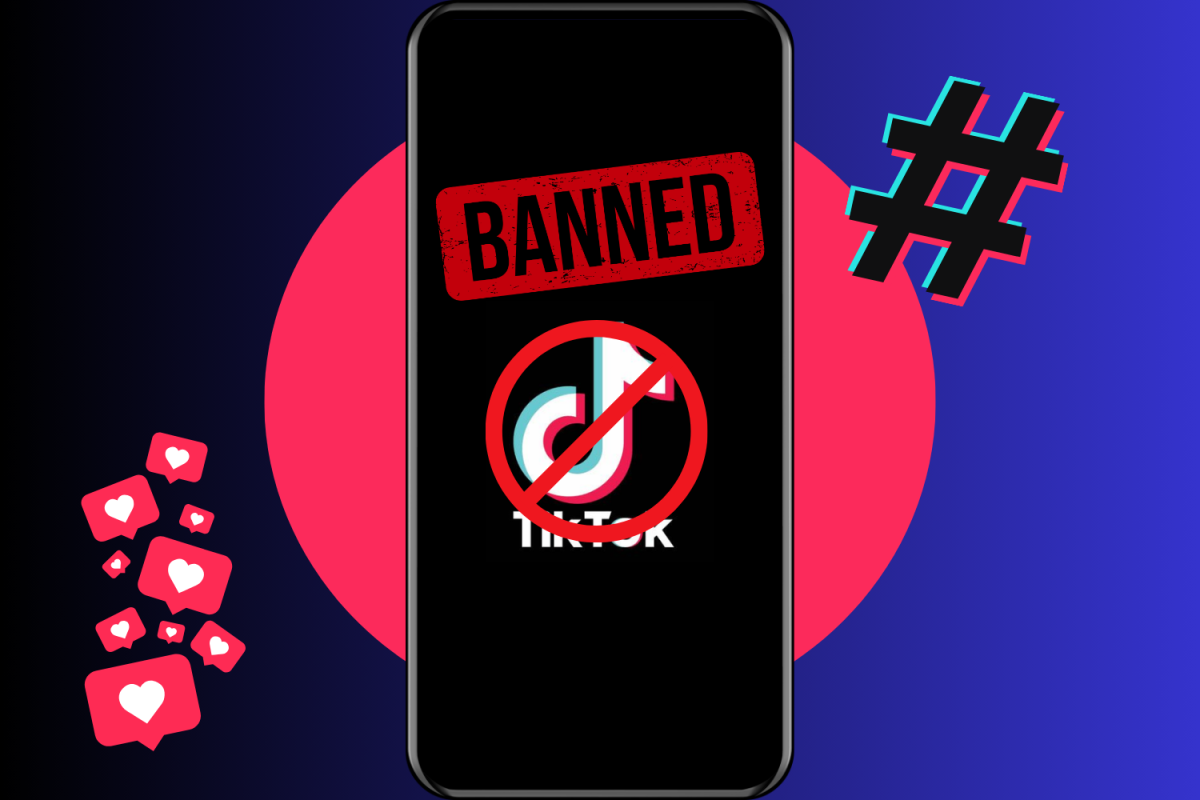MIAMI _ Teenagers think texting while driving is not as dangerous as driving drunk, a new survey shows, highlighting the way technology permeates the lifestyle of many young people _ and how for some of them, the risks of distracted driving are going unnoticed.
While 55 percent of 14- to 17-year-olds who are aspiring or current drivers think they could be killed if they drink and drive, only 36 percent feel the same about texting and driving.
The survey of about 700 teens by Harris Interactive for State Farm Insurance also shows that fewer teenagers believe they could get into an accident while texting and driving when compared with how many believe they could crash if driving under the influence.
Some in South Florida are working to address the issue of distracted driving. On Monday, more than 150 students, faculty and staff members at Barry University in Miami Shores signed pledges vowing not to text and drive _ or use their cell phones at all _ as part of Commuter Car Care & Safety Week.
A report by the U.S. Transportation Department this week said 5,474 people died in 4,898 crashes linked to distracted driving last year, down slightly from 5,838 deaths in 5,307 crashes in 2008. Of those in 2009, about 1,000 involved cell phones. Distracted drivers were a factor in 16 percent of crashes and deaths in both years.
Car crashes are the No. 1 cause of teenagers’ death, according to State Farm.
The report also said that in 22 percent of fatal crashes involving distracted drivers younger than 20, cell phones were a factor. Only one group, drivers ages 30 to 39, were more likely to be involved in a fatal crash where a cell phone was a distraction.
Thirty states have banned texting while driving, and eight of those states bar any use of a hand-held phone from the driver’s seat. The government’s data do not specify how drivers were using their phones when a crash occurred.
A bill that would have banned texting while driving didn’t get out of a Florida House committee during the spring legislative session, and some law enforcement agencies said if it had, they were unsure how to be sure drivers were texting _ and not using their phone for other reasons.
During his second major conference on distracted driving in Washington, D.C., Transportation Secretary Ray LaHood said Tuesday that train drivers, along with truck drivers who transport hazardous waste, will be banned from sending text messages. That would be in addition to a ban passed last year on texting while driving by commercial truckers and bus drivers. The State Farm survey showed that teens who have texted while driving in the past are more skeptical that the practice will lead to a wreck than those who haven’t texted from behind the wheel.
“We have a lot of catching up to do when it comes to helping teens understand that texting while driving can be every bit as dangerous as drinking while driving. It’s an awareness gap that must be addressed,” said Laurette Stiles, vice president of strategic resources at State Farm.
A study released in 2006 by the University of Utah of 22- to 34-year-olds found that the impairments associated with talking on a cell phone can be as profound as those associated with driving while intoxicated. It also found that texting while driving only impairs drivers when they are directly engaged in the practice.
The survey showed that kids whose parents talked to them about texting and driving were more likely to believe it could be dangerous.
___
(c) 2010, The Miami Herald.
Visit The Miami Herald Web edition on the World Wide Web at http://www.herald.com/.
Distributed by McClatchy-Tribune Information Services






